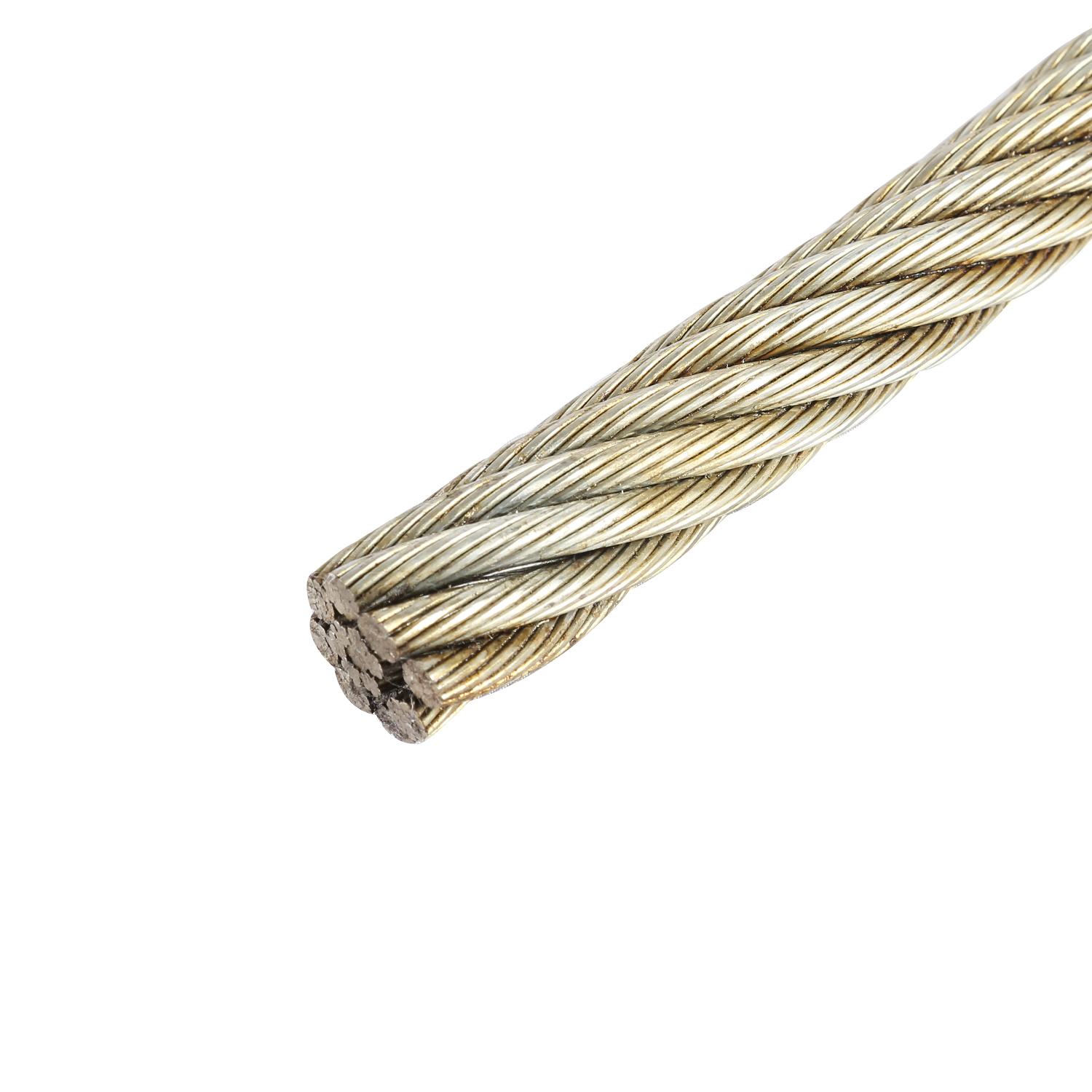Table of Contents
Different Types of Electrical Wiring Used in Homes
When it comes to the electrical wiring in your home, there are several different types that are commonly used. Each type of wiring has its own unique characteristics and is used for specific purposes. Understanding the different types of electrical wiring in your home can help you make informed decisions when it comes to electrical repairs or upgrades.
One of the most common types of electrical wiring used in homes is known as non-metallic sheathed cable, or NM cable for short. This type of wiring consists of two or more insulated conductors enclosed in a plastic sheath. NM cable is typically used for general electrical wiring in residential buildings and is commonly found in walls, Ceilings, and crawl spaces.
Another type of electrical wiring that is commonly used in homes is known as armored cable, or AC cable for short. AC cable consists of insulated conductors enclosed in a flexible metal sheath. This type of wiring is often used in areas where the wiring may be exposed to physical damage, such as in unfinished basements or outdoor applications.
In addition to NM and AC cable, another type of electrical wiring that is commonly used in homes is known as underground feeder cable, or UF cable for short. UF cable is designed for use in underground applications, such as running electrical wiring to Outdoor Lighting fixtures or underground electrical outlets. UF cable is constructed with a tough outer sheath that is resistant to moisture and can be buried directly in the ground without the need for conduit.
One of the newer types of electrical wiring that is gaining popularity in homes is known as low-voltage wiring. Low-voltage wiring is typically used for applications such as doorbell systems, Security systems, and Landscape Lighting. This type of wiring operates at a lower voltage than standard electrical wiring, which can help reduce the risk of electrical shock and is often easier to install.
When it comes to choosing the right type of electrical wiring for your home, it is important to consider factors such as the intended use of the wiring, the location of the wiring, and any specific requirements or regulations that may apply. Working with a qualified electrician can help ensure that the electrical wiring in your home is installed correctly and meets all Safety standards.
In conclusion, there are several different types of electrical wiring that are commonly used in homes, each with its own unique characteristics and applications. Understanding the different types of electrical wiring in your home can help you make informed decisions when it comes to electrical repairs or upgrades. Whether you are looking to install new wiring or upgrade existing wiring, working with a qualified electrician can help ensure that the job is done safely and correctly.
Importance of Proper Wiring Installation in Residential Buildings
Wires are an essential component of any residential building, as they are responsible for carrying electricity throughout the house. Proper wiring installation is crucial to ensure the safety and functionality of the electrical system in a home.
One of the main reasons why proper wiring installation is important is to prevent electrical hazards. Faulty wiring can Lead to electrical fires, shocks, and other dangerous situations. By ensuring that the wiring in a house is installed correctly, homeowners can reduce the risk of these hazards occurring.
In addition to safety concerns, proper wiring installation also ensures that the electrical system in a home functions efficiently. Poorly installed wiring can lead to power outages, flickering lights, and other issues that can disrupt daily activities. By hiring a professional electrician to install the wiring in a house, homeowners can avoid these problems and ensure that their electrical system operates smoothly.
Another reason why proper wiring installation is important is to comply with building codes and regulations. Building codes are in place to ensure that residential buildings are constructed and maintained in a safe and secure manner. By following these codes, homeowners can avoid fines and penalties, as well as ensure that their home is up to standard.

Proper wiring installation also allows for future expansion and upgrades to the electrical system. As technology advances, homeowners may want to add new appliances, lighting fixtures, or other electrical devices to their home. By having a well-installed wiring system in place, homeowners can easily make these upgrades without having to rewire the entire house.
When it comes to wiring installation, it is important to hire a qualified and experienced electrician. Electricians have the knowledge and expertise to properly install wiring in a house, ensuring that it meets all safety and regulatory standards. By hiring a professional electrician, homeowners can have peace of mind knowing that their electrical system is in good hands.
In conclusion, proper wiring installation is essential for the safety, functionality, and efficiency of the electrical system in a residential building. By ensuring that the wiring in a house is installed correctly, homeowners can prevent electrical hazards, comply with building codes, and allow for future upgrades to the electrical system. Hiring a qualified electrician to install the wiring in a house is the best way to ensure that the job is done right.

